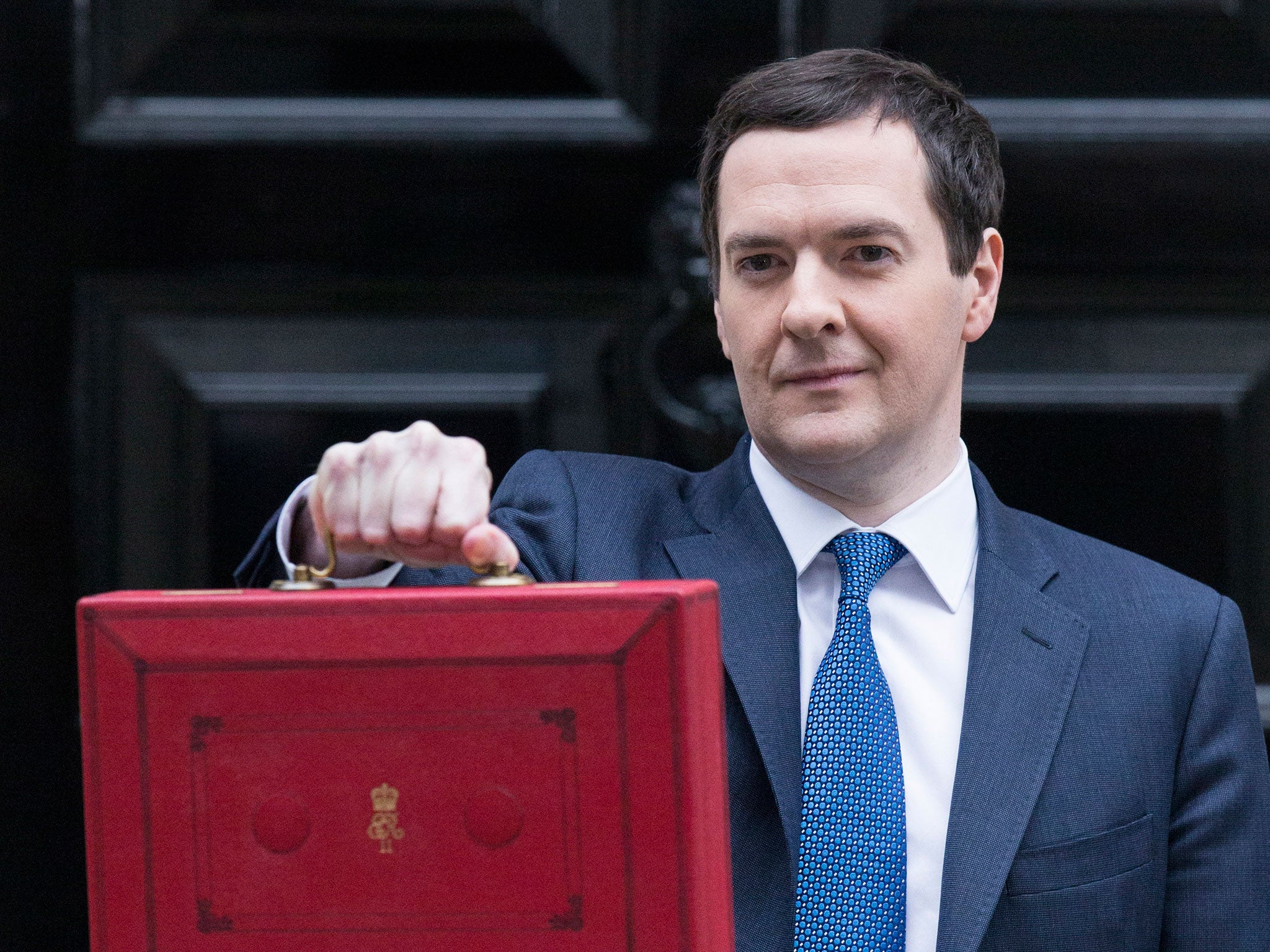People blame cuts, not immigration, for pressure on public services
Polls suggest the public believe immigration's effect on services is more marginal

The public primarily blame government spending cuts for increased pressure on public services, a new poll suggests.
YouGov found that 57 per cent of the public cited government cuts as the main reason for pressures, with just 26 per cent saying immigration was the main cause of problems.
A further 6 per cent cited inefficiencies in local authority provision for the pressures.
The test of public opinion comes amid huge pressure on hospital A&Es, overstretched social care, and a looming 10,000 shortfall in primary school places.
An analysis published by the Health Foundation in March found that all regions of the English NHS have gone from a financial surplus in 2012/13 to all but one being in overall deficit in 2014/5.
That analysis said that problems were principally the fault of Government policies leading to an increased reliance on expensive agency workers, with funding failing to keep pace.
The NHS missed its four-hour A&E waiting times targets for the first time in 2013. There are warnings this year that the usual winter pressures on the health service have not abated as it moved into spring.

Meanwhile an analysis published last year by the King’s Fund found that social care spending has been falling since 2009, with even steeper falls since 2010 – despite an aging population and rising demand.
In education, last year one in five children in some parts of the country missed out on their parents’ top choice of school. Now official figures suggest a shortfall of 10,000 primary school places across the country within the next four years.
The housing shortage in some areas of the country is also intensifying, with prices in some cities continuing to rise well beyond the reach of people on average salaries and homelessness up by 33 per cent since 2010, according to official figures.
The impact on immigration on services is hotly debated, especially with migration a hot topic in June’s European Union referendum.
Figures compiled by economists at UCL in 2014 however suggest that EU migrants contributed around £20 billion more to the public purse than they have received in benefit over the last decade.
A University of Oxford study from 2015 found that areas which high migrant populations tend to have lower NHS waiting times than comparable areas with lower migrant populations.
The researchers suggested that this is because migrants tend to be younger and healthier than older residents they displace. The study found that on average, for every 10 per cent increase in migrants living in a community, waiting times for outpatient services fell by nine days.
On the fiscal side, the Chancellor aims to bring the Budget into surplus by 2019/2020.
“With our national debt unsustainably high, and with the uncertainty about what the world economy will throw at us in the coming years, we must now fix the roof while the sun is shining,” George Osborne has said.
Join our commenting forum
Join thought-provoking conversations, follow other Independent readers and see their replies
Comments
Bookmark popover
Removed from bookmarks